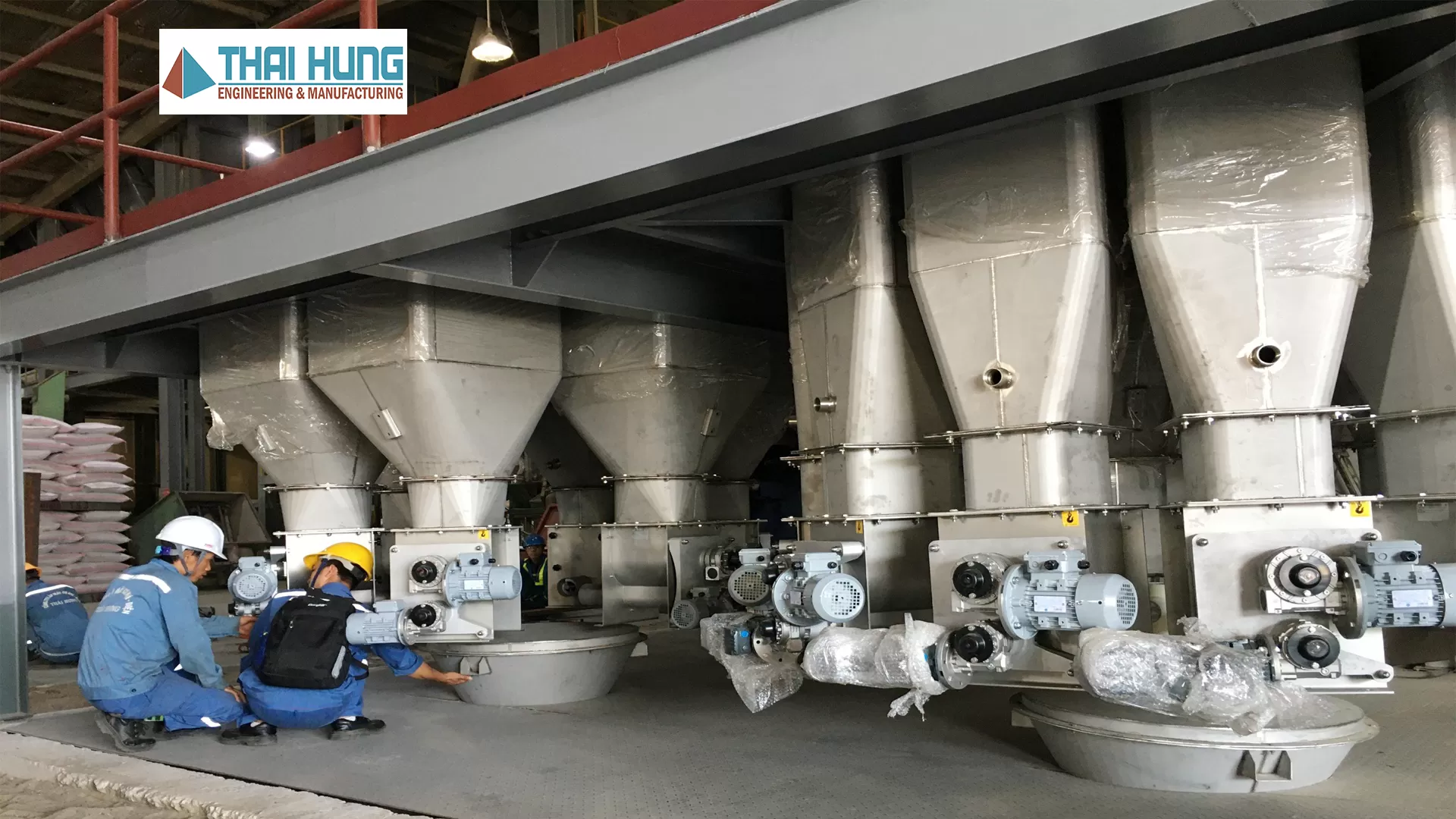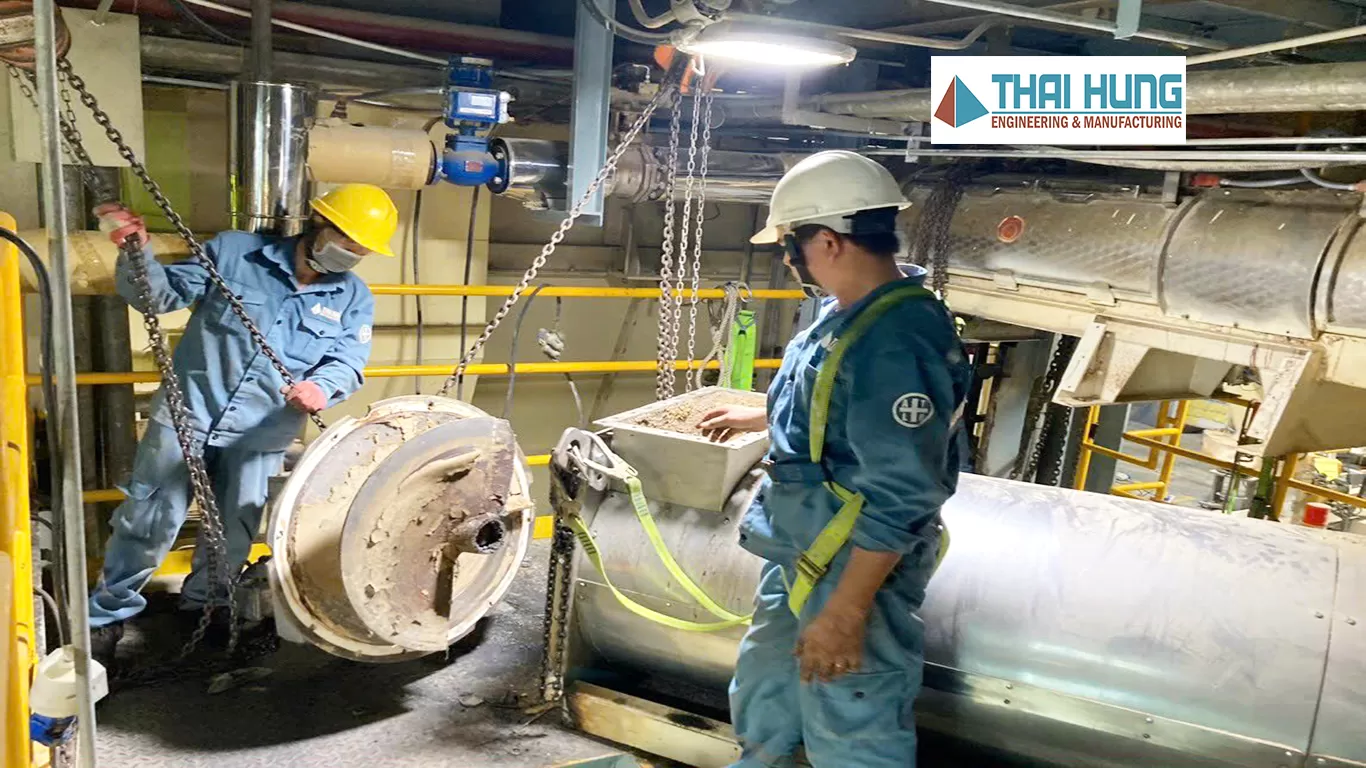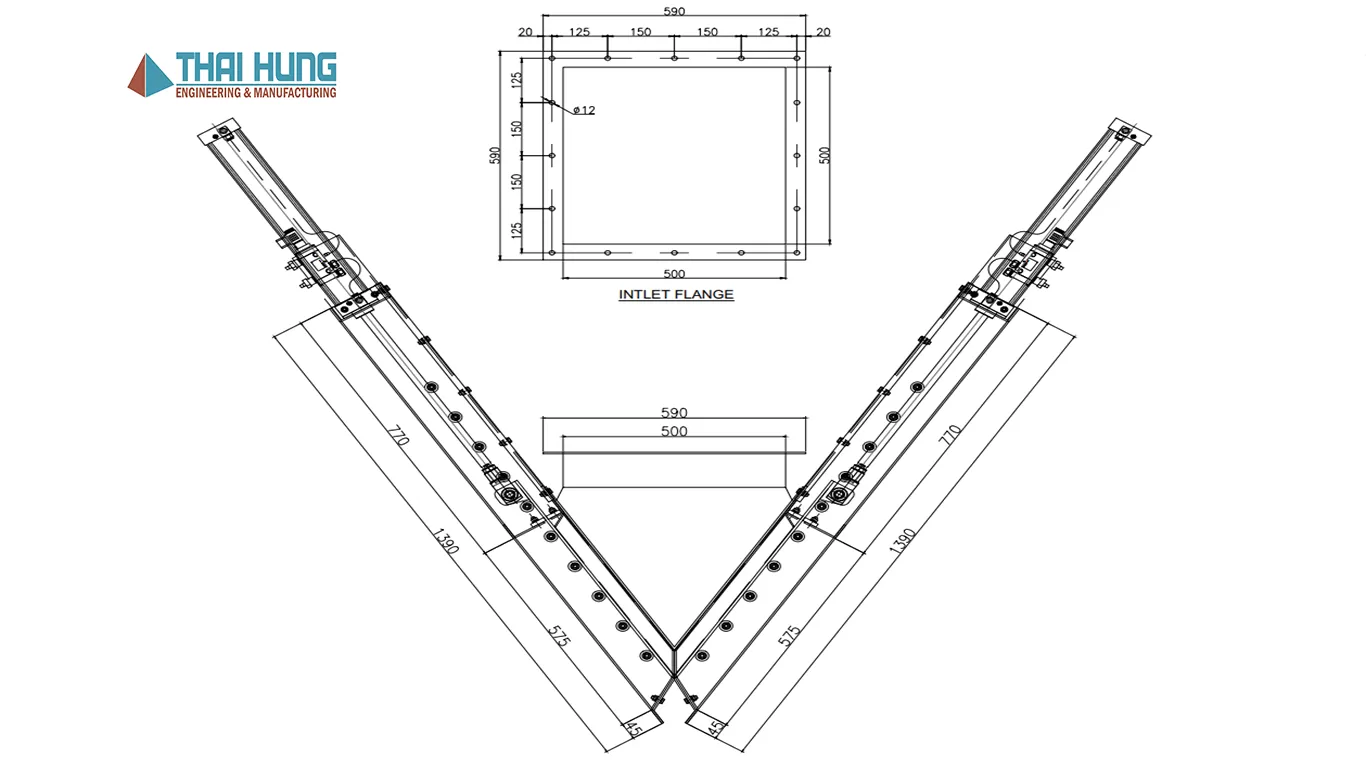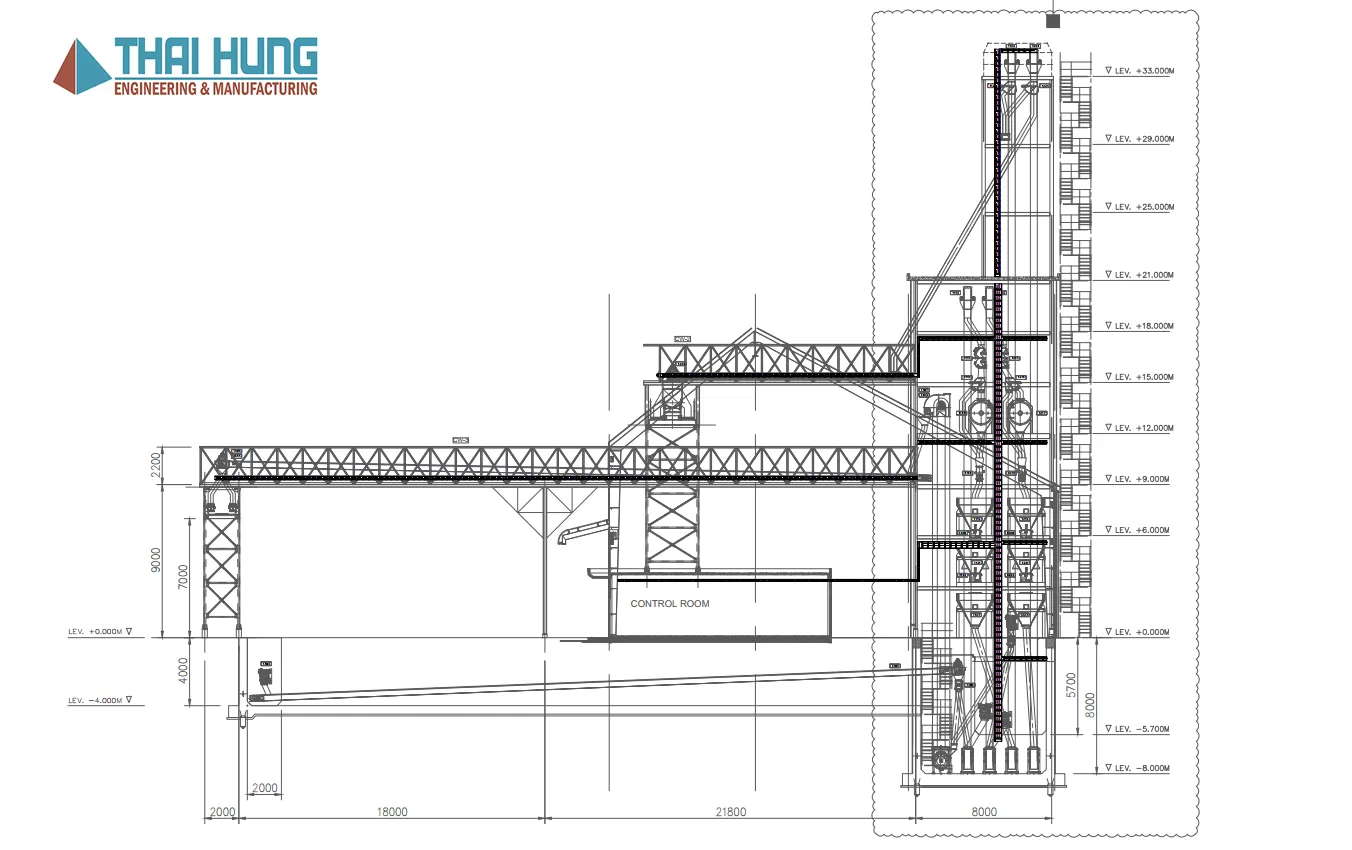2. The Importance of Mechanical and Electrical Engineers in Modern Industry
In industries such as manufacturing, automotive, and energy, mechanical and electrical engineers are key to maintaining and improving production systems. As automation advances, this role becomes increasingly important, helping businesses enhance their competitiveness and meet market demands.
3. Essential Skills to Become a Mechanical and Electrical Engineer

3.1. Expertise in Mechanics and Electronics
Mechanical and electrical engineers must have solid knowledge in both fields:
- Mechanics: Understanding of machine design, dynamics, and manufacturing methods.
- Electronics: Mastery of electrical circuits, sensors, and automatic control systems.
3.2. Programming Skills
Programming skills are essential for mechanical and electrical engineers, especially in developing and controlling automated systems. Key programming languages include:
- C/C++: Used for microcontroller programming.
- Python: Used in application development and data processing.
- PLC Programming Languages: Such as Ladder Logic, for controlling automated systems.
3.3. Problem-Solving Skills

Mechanical and electrical engineers must be capable of analyzing and effectively addressing technical issues:
- Troubleshooting: Quickly detecting and resolving technical problems.
- System Optimization: Analyzing data to improve performance and minimize errors.
3.4. Communication and Teamwork Skills
Communication and teamwork skills enable mechanical and electrical engineers to collaborate effectively with colleagues and other departments within the company:
- Understanding Requirements: Communicating with other engineers and clients to capture project requirements.
- Presenting Ideas: Clearly conveying technical ideas.
- Team Collaboration: Working efficiently in a team environment.
3.5. System Thinking
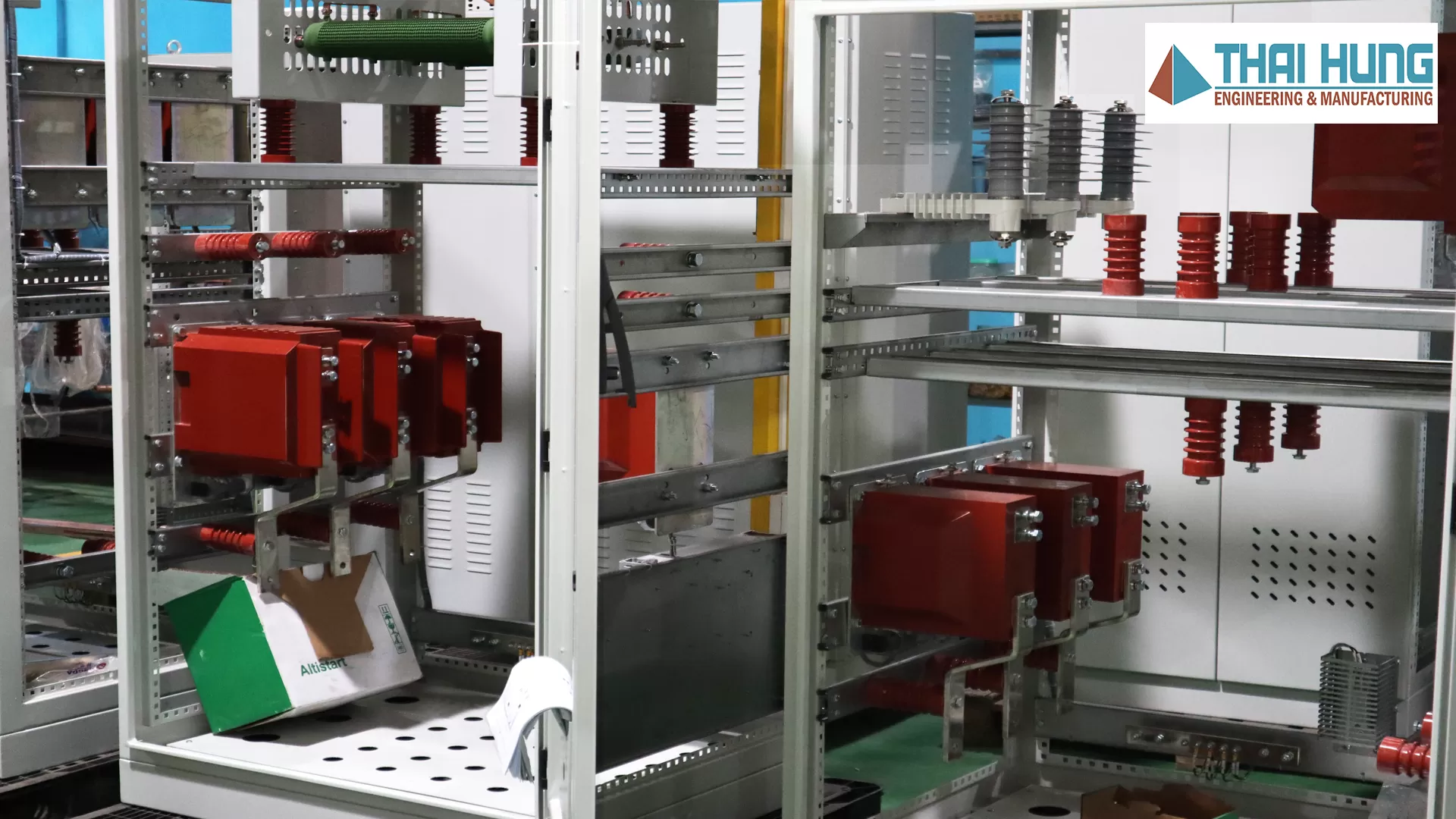
Mechanical and electrical engineers need system thinking capabilities to manage complex systems:
- Holistic Thinking: Understanding the overall issues of the system, from design to operation.
- Project Management: Planning and managing risks in technical projects.
Mechanical and electrical engineering is a career that demands a combination of extensive technical knowledge and flexible soft skills. As technology and automation continue to develop, the demand for mechanical and electrical engineers is on the rise. Equipping yourself with the necessary skills will not only help engineers excel in their current tasks but also expand their future development opportunities, making significant contributions to industrial progress.













